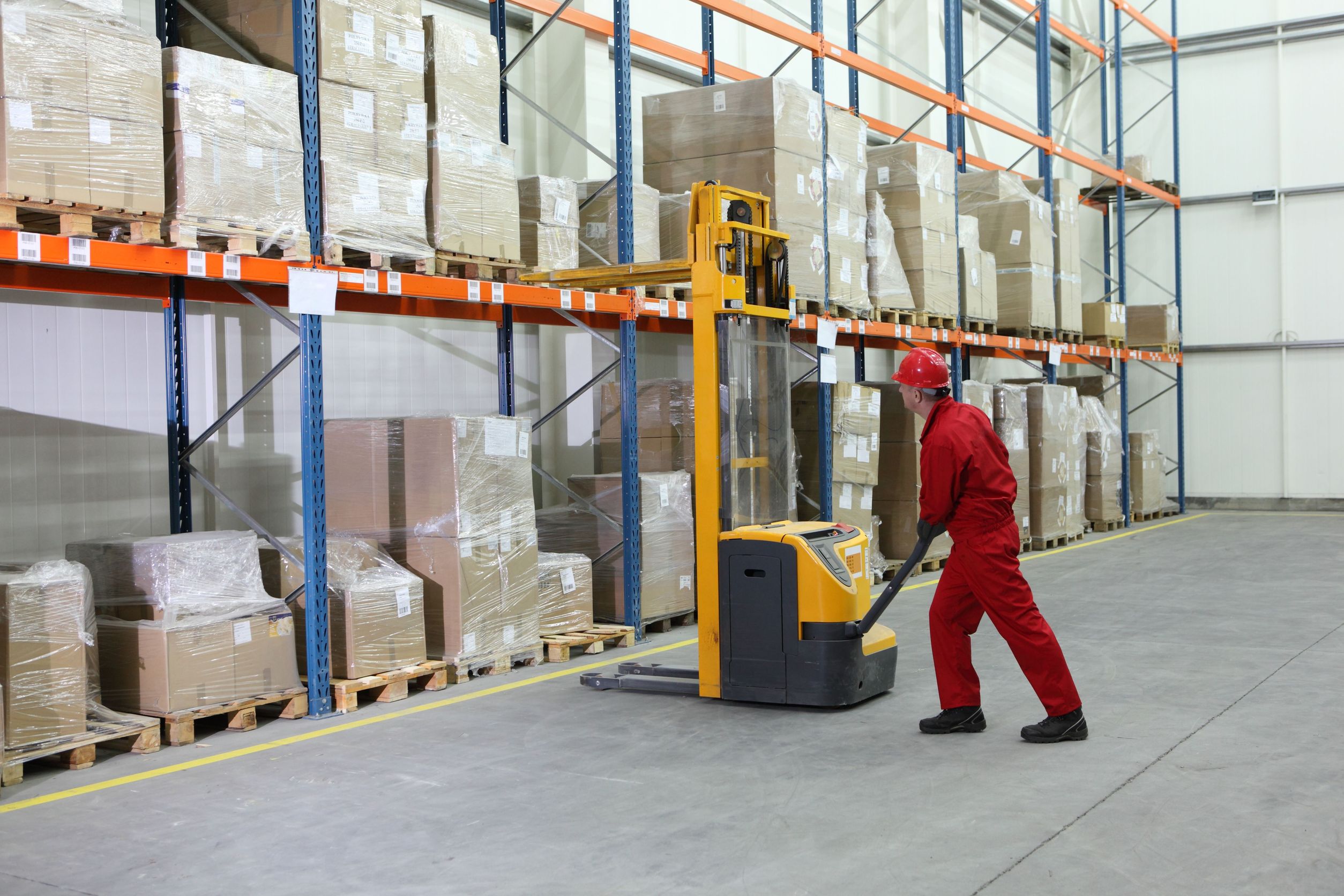No matter how you look at it – whether in terms of tonnage shipped, companies involved or employment, shipping is truly a multibillion-dollar industry. It is not simply local, regional, national or international. It is global in scope. To make sure the freight arrives intact, on time and in budget requires more than luck. It requires the capabilities and skill of fine-tuned, modern, technologically savvy freight management systems.
Modern Management Systems
At one point, transportation was a less complex system than it is today. This is not to say it was easier. Ensuring goods move from one place to another without damage and within a definite period has never been easy. It always required several individuals working together to accomplish this. Drivers drove through the night in often deplorable conditions along ill-constructed routes using wagons then early vehicles to make sure they delivered their loads for their customers.
As technology developed, vehicles and roads improved. However, driving and operating conditions for truckers did not see a great improvement. Communication was difficult and sometimes lacking all together. With the installation of CBs, a step towards smoother freight management systems began. Drivers and the companies they drove for could now communicate while they were on the road. It did not address, however, other issues.
The advent of computers and computerized systems has introduced a new factor into the shipping business. The result has also been an impressive advance in the nature and extent of shipping management systems. Its ability to provide integrated communication capabilities for all parties as well as a system that ensured everyone was working towards the same goal – a profitable delivery of the goods, has made it an integral component of the shipping industry.
Freight Management Systems and Technology
Such system involved logistics. The computer age made the handling of complex transportation systems easier. Computerizing systems in the shipping industry made various tasks easier for all participants including:
- Communications: Companies now easily and swiftly know where their freight is. Manufacturers and shippers can communicate directly and indirectly with the drivers of the load as well as the destination and worried shippers and receivers
- Data and Analytics: This provides companies with the information they require to make changes in their schedules or to improve the way they are handling material and drivers
- Accounting: The addition of computerized systems makes it easier to keep up-to-date records on invoices, and other accounting matters. Everything is ready to access at the touch of a button. This reduces the headaches and mountain of paperwork previously associated with keeping the books current and accurate
- Accountability: A system that monitors the actions of all parties ensures that there is some accountability. All parties know their roles. The computers ensures that they are aware of their functions and records when, how and if, they perform them according to their contract. This ensures everyone is accountable and accounted for
The result has been an improvement in shipping capabilities. It has also resulted in expanding the abilities of companies of all size to manage and ship freight. Today, technology has introduced many positive changes for those in the shipping industry. It has also opened the door for the ability of companies to employ the changes profitably using applicable freight management systems.


